"My goal is to rebalance the European Union. East, west, north and south. Small and large, younger and older countries,” von der Leyen announced at a press conference with Prime Minister Andrej Plenković ahead of their meeting.
“We all know that we can only tackle problems if we are united, prosperous and strong. The world is calling for more Europe and needs a strong European voice, and this can only be achieved if we are together,” said the new Commission president, set to officially take up her post in October and become the first woman to head the EC.
She asked member states to submit their candidates for the role of European Commissioners by 26 August, which 16 out of 28 states have so far done. Croatia is not among them, and the issue was not mentioned at the conference. The new head of Commission wants each member state to send two candidates, one woman and one man, but this request has so far not been respected.
Von der Leyen arrived in Zagreb following visits to Berlin, Paris and Warsaw, pointing out that it was very important for her to come to Zagreb after those three cities, and that “Croatia is the youngest EU member state, but an outstanding one.”
Croatia’s 2020 EU presidency
“The fact that at the beginning of next year you will hold the presidency shows that Croatia is a tremendous success story for the European Union and can be a role model for other countries,” she declared. Croatia will preside over the EU in the first half of 2020, before handing over the reins to Germany, the Commission leader’s home country.
For this reason, she revealed that at the meeting that followed, she would discuss with the Croatian leadership the main topics that the EU would deal with during Croatia’s presidency, such as the new multiannual financial framework, that is, the alliance’s budget for the 2021-2027 period, Brexit, and security and economic issues.
PM Plenković announced that the meeting would also express Croatia’s readiness to try to find solutions at a conference scheduled for 2020 to the EU’s democratic deficit, or “to strengthen its democratic legitimacy”, an idea put forward to MEPs by the German head of Commission.
“We cannot pretend that there is no elephant in the room. And that elephant is a system of refining, strengthening and understanding the spitzenkandidat concept so that we can organize the next European Parliament elections in such a way that all political parties and everyone going to the polls know exactly what the concept means before and after the elections,” Plenković said.
The spitzenkandidat of the European People's Party, to which both Plenković and von der Leyen belong, was Germany’s Manfred Weber, but this system, which is not set out in the Treaty of Lisbon, was not respected after the parliamentary elections.
Europe’s demographic challenge
The meeting at Zagreb’s seat of government also discussed Croatia’s entry into the Schengen area and the Eurozone. Von der Leyen pointed out that she appreciated the great efforts Croatia has made in this regard and stressed that she would support it along the way, but also reminded that membership of the Schengen area requires the consent of all EU members. Recall that Romania and Bulgaria, despite having met all the requirements for Schengen entry a few years ago, are still awaiting a political decision by member states in order to join.
Von der Leyen comes to the post of Commission president from her role as German defense minister, and earlier she headed the Ministry of labour and social policy, as well as the Ministry of family, pensioners, women and youth, prompting Prime Minister Plenković to note that she had “clear and firm views” on demographic challenges, which were also discussed at the post-conference meeting.
“This is not only a Croatian issue but also a horizontal issue for many countries. About half of the members have a negative natural increase,” the PM stressed, while the new Commission president said it was mostly a national responsibility, although the EU could provide strong support.
“If we look at the world map, we can see that many countries in the northern hemisphere will face demographic change. We are the in the lead in addressing this issue,” she said.
EU enlargement towards South-eastern Europe
In addition to demographics, an important issue for Croatia, which in this regard holds the worst position among EU member states, Plenković also discussed with von der Leyen the harmonization of standards among member states.
“Croatia is a country still trying to catch up in terms of development not only with older members of the EU, but also those that joined the Union in 2004 or 2007. We are one of the countries seeking to reach through convergence the level appropriate for developed nations within the framework of our European Union. This is the guiding principle of Croatian politics and of what we as a distinctly pro-European government are doing,” Plenković said.
The Prime Minister also presented to von der Leyen the idea of holding a summit meeting between EU member states and south-east European countries during the Croatian presidency in order to discuss the enlargement of that alliance, twenty years after the 2000 meeting in Zagreb on the same topic.
(Translated by Mia Lui)






Komentari
0